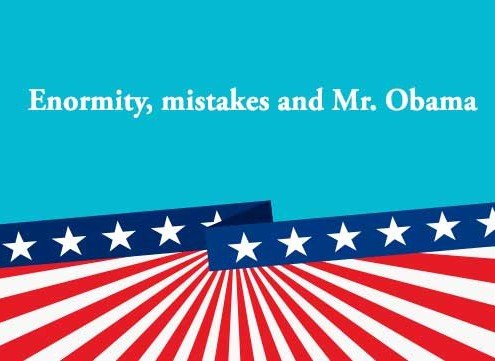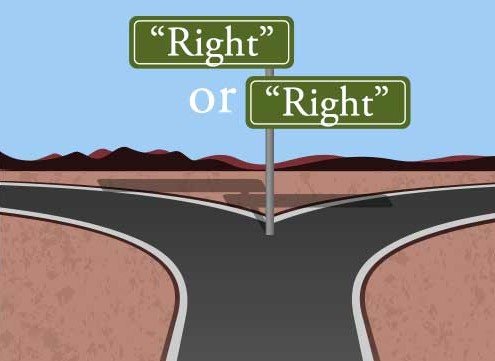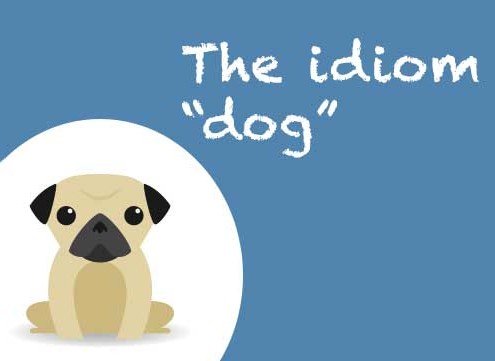
Along
“Along” is a preposition (of movement and position) and an adverb. Here are examples – as an adverb: Sanchez was running along besides Mr. Zapatero
Si quisiera mejorar o aprender inglés, este blog podría ser su ayudante.
Cada semana algo nuevo se publica. Si quisiera recibir una notificación de un tema nuevo por correo electrónico solo tiene que suscribirse a nuestro blog desde el formulario del final de la página. Ir al formulario.
Su correo electrónico sería guardado de manera confidencial para que ninguna otra persona pueda usarlo.
El blog será en inglés, y únicamente damos explicaciones mínimas (en español) para aclarar algo, para traducir algo que podría ser difícil, o para acelerar su entendimiento.
El autor es Aimee, directora y una especialista en educación hablante nativa.

“Along” is a preposition (of movement and position) and an adverb. Here are examples – as an adverb: Sanchez was running along besides Mr. Zapatero

In 2008, on winning the presidential election, Mr. Barack Obama spoke about the “enormity” (la enormidad de) of the tasks that he faced (to face

“Roast”, “roasted” and “baked” These three words are often translated as “asado” (o al horno). The choice of these words depends on how you cook

The word “hat” has some interesting idioms (modismos). Here they are: • Mr. Sanchez should hang up his hat (= jubilarse) • That is old

Have you heard or seen such a phrase? Do you understand it? What does it mean? It is incomprehensible (incomprensible), utterly meaningless (totalmente sin sentido).

One (1) is singular – it´s obvious, you say. Please consider the following: One in ten workers in Tenerife are lazy. One in ten workers

Hyphens (los guiones) can get you in trouble (pueden meterse en problemas). Consider the following: The policeman is looking for a lady wearing a light

Consider the following: Mr. Zapatero is driving his Ferrari on route to his English PET class in Puerto de la Cruz. He is approaching a T

With “may be” we have two verbs, while “maybe” is an adverb meaning possibly or perhaps (quizas). Here are two examples that show the difference:

It is stupid and pointless (inútil) to use phrases such as the following: With regard to your letter, (con respecto a su carta) “At this

Do not confuse (no confunda) “idiom” with “idioma”. An idiom is a distinctive expression whose meaning is not usually determinable from the meaning of the

Here is a dilemma. How many courses of action make a dilemma? Three, four, two hundred? The word dilemma comes from Greek, meaning two propositions

Esta web utiliza cookies para que podamos ofrecerte la mejor experiencia de usuario posible. La información de las cookies se almacena en tu navegador y realiza funciones tales como reconocerte cuando vuelves a nuestra web o ayudar a nuestro equipo a comprender qué secciones de la web encuentras más interesantes y útiles.
Las cookies estrictamente necesarias tiene que activarse siempre para que podamos guardar tus preferencias de ajustes de cookies.
Si desactivas esta cookie no podremos guardar tus preferencias. Esto significa que cada vez que visites esta web tendrás que activar o desactivar las cookies de nuevo.